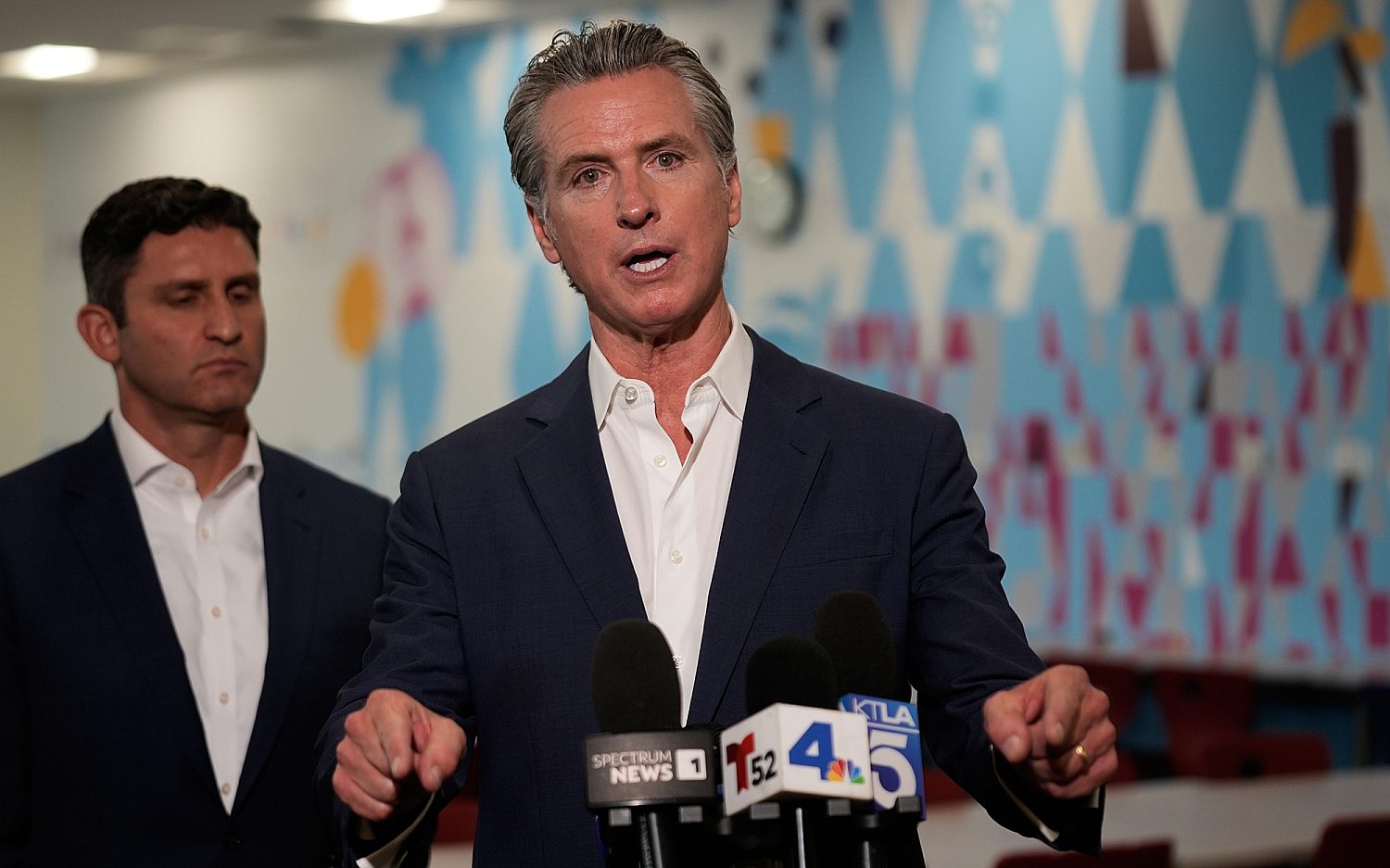Rick Warren launches mental health ministry
Saddleback pastor calls the church to stop ignoring mental illness and its sufferers
LAKE FOREST, Calif.— If the sold out seats for Saddleback Church’s mental health conference last Friday are any indication, Christians are aching for more and better mental health ministry in the church.
A responsive, emotional crowd of more than 3,300 people filled Saddleback’s Worship Center for The Gathering on Mental Health and the Church, a daylong event hosted by Saddleback, the Roman Catholic Diocese of Orange, and the National Alliance on Mental Illness-Orange County. The event marks the first initiative of Saddleback Church’s new ministry for mental health issues, a mission Saddleback hopes other churches will replicate.
Friday’s conference featured a lineup of pastors, academics, and psychiatrists who spoke about the church’s potential and necessary role in dealing with mental illness and disorders. According to Saddleback, about 600 of the attendees are struggling with mental illness. An additional 6,000 people tuned in for the event’s live webcast, which will be archived and made available to the public for free.
The conference took place just eight days before the one-year anniversary of Saddleback pastor Rick Warren’s son’s death. Matthew Warren, 27, shot himself on April 5, 2013. The youngest of the Warrens’ children, Matthew struggled with lifelong depression. During his opening remarks on Friday, Rick Warren said he too had experienced panic attacks and depression. He later added, “There are two types of people: those who need recovery and know it, and those who need recovery and don’t.”
Most of the conference’s discussions and speeches presented practical ways for churches to be a mental health resource. The topics ranged from depression, suicide, and eating disorders to crisis management for church staff and church counseling. With cracking voices and great vulnerability, many speakers shared their testimonies of dealing with mental illness, either as a sufferer or as a loved one. The audience responded with gasps, sympathetic murmurs, and standing ovations.
Brad Hoefs, a pastor from Nebraska, shared his own experience with bipolar disorder. As his behaviors and moods rocketed between mania and depression, Hoefs was asked to resign from his then pastoral position at a fast-growing Lutheran church in Missouri. He attended numerous support groups, but found himself getting even more depressed. “I saw the bleeding talking to the bleeding,” he said. “I couldn’t believe there’s no good Christian material out there.” Today, Hoefs is the founder and executive director of Fresh Hope, a Christian support group for people who suffer from mental illness and their loved ones. “I’m the poster child for hope,” he said to great applause and nods from the audience. “If you can’t hear the hope in my voice, hear this: God is good. Don’t quit, don’t stop.”
Matthew Stanford, a psychology and neuroscience professor at Baylor University in Waco, Texas, who did extensive research on perceptions of mental illness in the church, shared some grim statistics: 26 percent of American adults this year alone will be diagnosed with some form of mental illness. Many of them will turn to the clergy for help first. Stanford called the mental health ministry a “divine appointment” for churches, and emphasized the substantial role of a supportive faith-based community: “I’ve seen supportive care alone do the work of medicine. But we have the incredible hope in Jesus Christ, something the secular world cannot offer.”
According to the National Institutes of Health, one in four adults experience mental illness each year— that’s about 61.5 million Americans. One in 17— about 13.6 million people— live with chronic, serious mental illnesses such as schizophrenia, major depression, or bipolar disorder.
Church members are not immune to the statistics. They plastered their cries for help all over a “mental health prayer wall,” which had the day’s key verse, 2 Tim 1:7 (NKJV), printed in bold: “For God has not given us a spirit of fear, but of power and of love and of a sound mind.” Below that verse, attendees filled the wall with post-it sized notes asking for prayer.
One wrote: “Please pray for my husband. 160+ days suicidal. He is bipolar. I believe my son is bipolar, too. I am exhausted & overwhelmed.” Another wrote, “Jake, I hope I am granted the grace to understand and go the distance … Dada.” Some prayer requests were highly detailed. Others were as brief as: “Acceptance from my church family.”
An actual newsletter worth subscribing to instead of just a collection of links. —Adam
Sign up to receive The Sift email newsletter each weekday morning for the latest headlines from WORLD’s breaking news team.





Please wait while we load the latest comments...
Comments
Please register, subscribe, or log in to comment on this article.